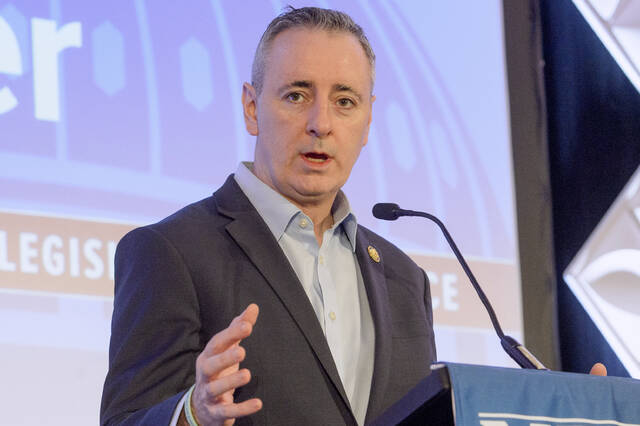Spend some time on social media and you might think a brand new starlet had taken over the musical world. Her name is on a million hashtags.
It’s like everyone under 30 just discovered Britney Spears.
Yes, Britney of the red patent leather catsuit or the Lolita plaid skirt and pigtails. The late ’90s ingenue. The early 2000s pop goddess. She never disappeared after her heyday — just stepped into that more emeritus role of many a past sensation, popping up judging the talent competition “The X Factor” or doing a stint in Vegas.
A combination of TikTok sound clips and homages and a new documentary, “Framing Britney Spears,” have made a whole new generation embrace her. That will doubtless be great for her streaming sales and definitely created interest in court battles over conservatorship of her estate.
It has also made Justin Timberlake, her boyfriend back in his NSYNC days, a new bad guy.
The “cancel Justin” movement has been simmering for weeks as the new fans find that, shockingly, millionaires who were barely old enough to buy their own champagne were not always mature about their relationship or business decisions. They bring up not just post-break-up lashing out by Timberlake in both lyrics and appearances, but also his infamous involvement in “Nipplegate,” the “wardrobe malfunction” with Janet Jackson at the 2004 Super Bowl halftime show.
In Timberlake’s defense, he has since issued an apology to both Spears and Jackson.
A heartfelt apology is always good, even if it’s belated. But this apology feels like it was less for the women in question and more for the angry mob. The problem with this is that there will always be a new mob.
This is not new information coming forward. This isn’t like the revelations about Virginia Gov. Ralph Northam’s racist yearbook photos or 2017 sexual misconduct allegations against former Alabama judge Roy Moore. Those were hidden secrets that came to light.
Timberlake’s “Cry Me a River” single about Spears peaked at No. 3 on the Billboard Top 40. He made fun of her on “Saturday Night Live.” The Jackson incident occurred in front of more than 100 million people in the U.S. alone.
These can not be more public, which makes you wonder how long someone has to pay for something that happened in view of the whole world. How long do people get to rediscover it and hold someone responsible for something that was already addressed in real time?
It’s an issue non-celebrities are addressing, too. The internet can make a world of transgressions available at the tap of a key, despite the fact the judicial system is working to give fresh starts with sealed or expunged records after sentences have been served and time has elapsed.
While it’s hard to make accounts of what happened before disappear, it is generally easier to bury them in new information about what has happened between that unfortunate incident in college and today. Make the top hits on your Google search be about work projects, volunteerism, good things you’ve done that you would be proud to have people uncover.
But Timberlake illustrates that it doesn’t matter how many Oscar or Emmy or Grammy nominations you have. In today’s cancel culture, once people uncover that thing you did that makes them angry, there might be no way to avoid an “oops, I did it again” moment.








